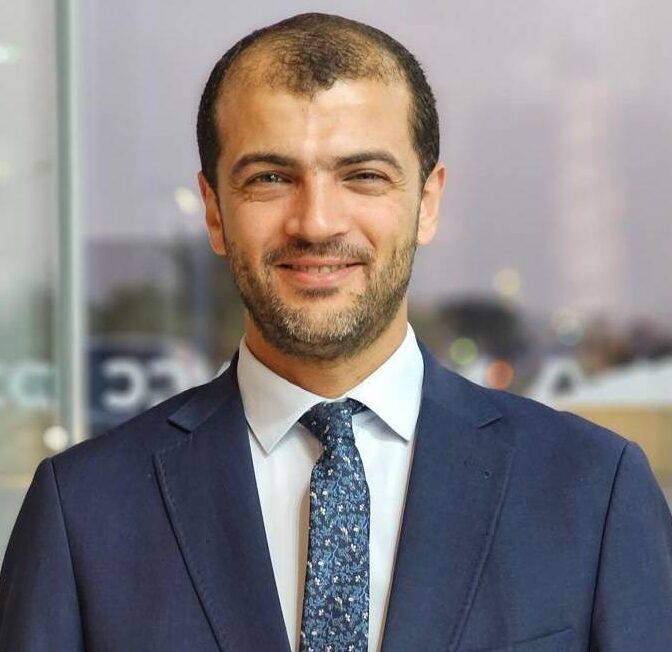In 2013, the Syrian regime agreed to give up its chemical arsenal under international supervision following a chemical attack that killed hundreds of people in a suburb of Damascus. However, since then, there have been several reports of the persistent use of chemical weapons by the Syrian regime in the ongoing civil war. The use of chemical weapons is a severe violation of international law.
United Nations Security Council Resolution 2118 adopted on 27 September 2013 demands the destruction of Syria’s chemical weapons programme, endorsing the decision of the Organisation for the Prohibition of Chemical Weapons (OPCW) to oversee and verify the destruction of such items. It also calls for cooperation from all parties in Syria and threatens further measures under Chapter VII of the UN Charter in case of non-compliance.
The OPCW established a Joint Investigative Mechanism (JIM) within the UN to investigate reports. Such inquiries were positive in attributing chemical attacks to the Syrian regime. In response, the international community also imposed sanctions on public figures and individuals involved in supporting or financing such abuses.
The use of chemical weapons in Syria during the war posed a significant danger to the civil population. Chemical weapons such as sarin, a highly toxic nerve agent, and chlorine gas can cause death and severe injury to those exposed. The employment of these weapons not only violates international law but may lead to long-lasting health and environmental damage.
READ: A solution for Syria is complicated and needs serious commitment
The OPCW’s latest report, released on 27 January, condemned Damascus’ chemical weapons assault on the city of Douma and called on the regime to cooperate with the international community to hand over military personnel who were behind the attack. The unit in charge of the attack was the 25th Division of the Syrian Army, led by General Suhail Al-Hassan, a senior Russian-backed martial figure.
The report also blames the Russian government while assuming Moscow’s awareness of the chemical operation against Douma, as the Al-Dameer airfield, from where the helicopters took off, lies under Russian control.
Preventing the use of chemical weapons in the Middle East is a priority for the international community. Such a goal is possible by combining diplomatic and legal actions and enforcing consequences on those who use or proliferate these weapons. For such improvements, it is crucial to apply the Chemical Weapons Convention (CWC), prohibiting the development, production, stockpiling and use of chemical weapons. Over 190 states have signed the CWC, one of the most widely adopted disarmament treaties worldwide.
The OPCW is responsible for applying the CWC, conducting inspections and verification activities, and ensuring international compliance. Furthermore, the OPCW works to strengthen the capacity of states to respond to incidents involving chemical weapons and prevent the re-emergence of such programmes.
The use of chemical weapons remains a concern for the international community and efforts must continue to be taken to hold the Syrian regime accountable and prevent further massacres.
The views expressed in this article belong to the author and do not necessarily reflect the editorial policy of Middle East Monitor.

![Men, members of Syrian civil defense organization, White Helmets let a white pigeon to fly for people who lost his life in chemical attack that in the Eastern Ghouta region of Damascus, Syria on 22 August, 2017 [Amer Almohibany/Anadolu Agency]](https://i0.wp.com/www.middleeastmonitor.com/wp-content/uploads/2017/08/20170822_2_25369383_25153966.jpg?fit=920%2C613&ssl=1)







